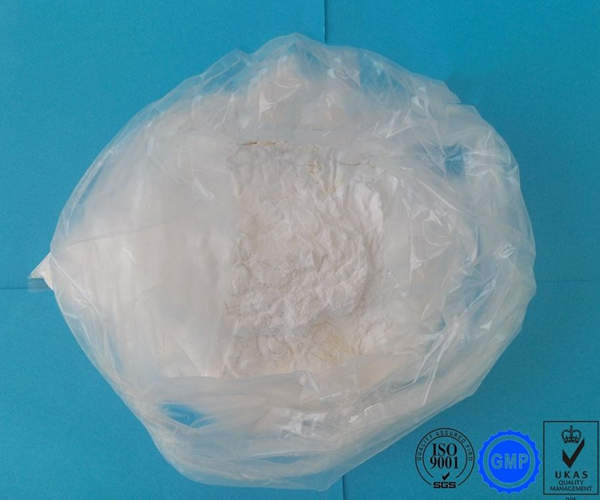carnosina (beta-alanil-L-histidina) es un dipéptido de los aminoácidos beta-alanina e histidina. Está altamente concentrado en los tejidos musculares y cerebrales..
Como carnitina, carnosina se compone de la raíz de la palabra carn, significado carne, aludiendo a su prevalencia en la proteína animal. un vegetariano (especialmente vegano) La dieta es deficiente en carnosina adecuada., en comparación con los niveles encontrados en una dieta estándar.
La carnosina puede quelar iones metálicos divalentes..
La carnosina puede aumentar el límite de Hayflick en fibroblastos humanos,además de parecer reducir la tasa de acortamiento de los telómeros. La carnosina también se considera un geroprotector..
Usos de la L-carnosina:
Los beneficios para la salud de la L-carnosina se deben generalmente a sus propiedades antioxidantes., que apoyan muchas condiciones relacionadas con la edad. Los usos específicos de la l-carnosina incluyen el apoyo a la piel., articulaciones, sistema digestivo y memoria.
Soporte para la piel:La L-carnosina puede ayudar a desafiar los signos visibles del envejecimiento en la piel.. Ayuda a mantener la elasticidad de la piel., que puede minimizar las arrugas.
Soporte de memoria:La L-carnosina puede ayudar a respaldar la salud del cerebro y ayudar a mejorar la distracción y la recuperación de la memoria..
Apoyo a la salud digestiva:La L-carnosina puede ayudar a apoyar el sistema digestivo y controlar Helicobacter pylori, una especie de bacteria que puede causar úlceras pépticas y gástricas.
Apoyo conjunto: L-carnosina apoya la salud de las articulaciones al apoyar el control saludable de la inflamación y retrasar la aparición de afecciones articulares que pueden ocurrir a medida que envejece.
Aplicaciones DE L-Carnosina:
1. Nuevos aditivos alimentarios.
2. La carnosina es una composición de dipéptido de β-alanina e histidina, se puede sintetizar en animales
3. Carnosina en el procesamiento de carne para inhibir la oxidación de grasas y proteger el papel de la carne.
4. Previene el envejecimiento de la piel y el efecto blanqueador de la piel..
5. Carnosina como materia prima de los agentes antioxidantes para el tratamiento de la catarata senil.
6. Puede promover la cicatrización de heridas..














